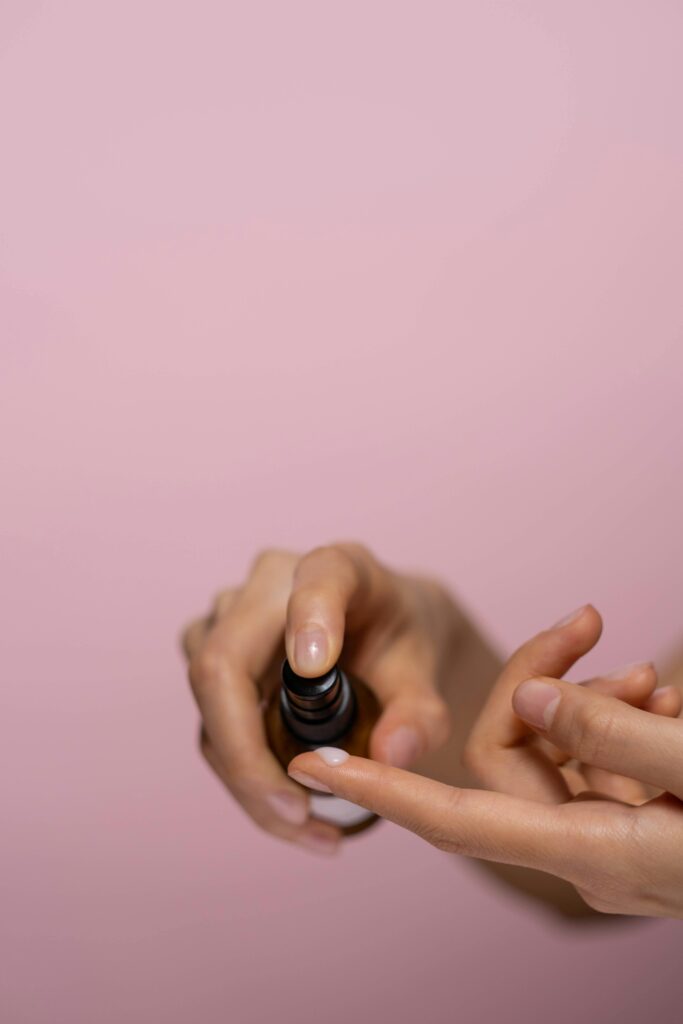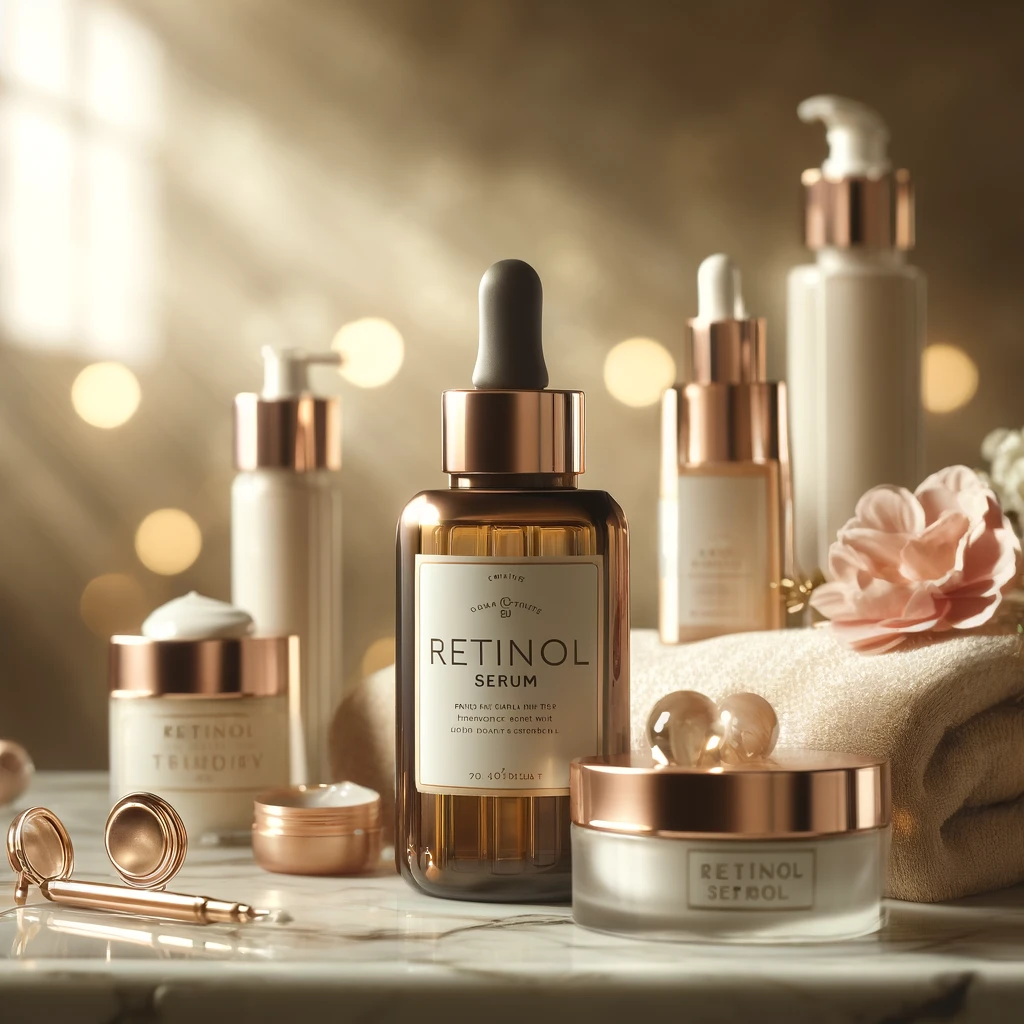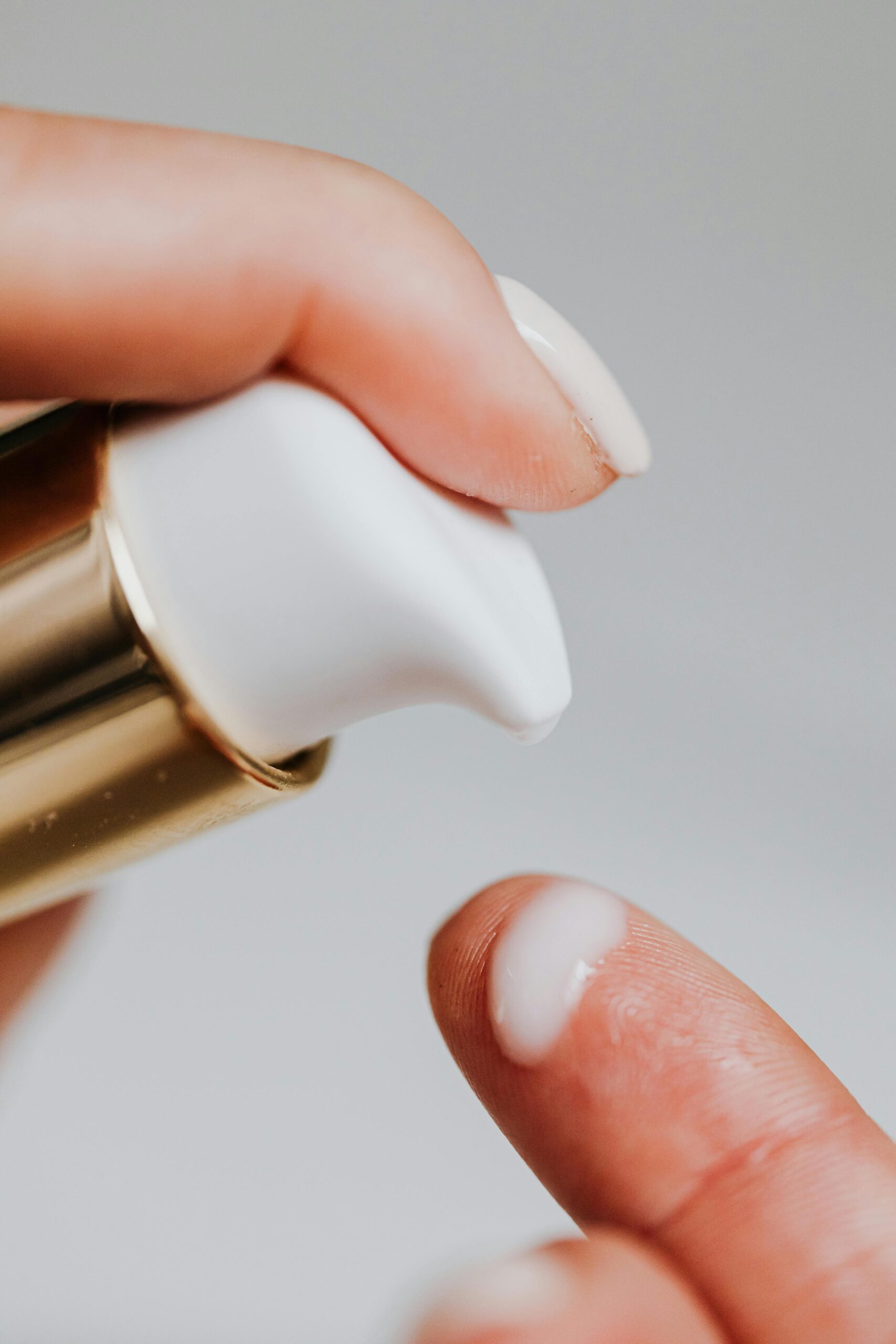In the bustling world of skincare, retinol is often touted as a miraculous solution for everything from wrinkles to acne. However, amid its soaring popularity, it’s crucial to dissect whether retinol truly deserves its pedestal or if it’s merely a product of clever marketing. This in-depth article explores the science behind retinol, evaluates its benefits and drawbacks, and addresses the key question: Is retinol the miracle skin solution it’s made out to be, or is it just another overhyped ingredient?
What is Retinol?
Retinol is a type of retinoid, which are derivatives of vitamin A. It’s widely recognized for its potent ability to promote skin cell turnover and enhance collagen production. This makes it a staple in anti-aging and acne-treating skincare routines. Unlike stronger prescription retinoids like tretinoin, retinol is available over-the-counter, making it a go-to option for those looking to improve their skin’s appearance without a dermatologist’s prescription.
The Science Behind Retinol
Retinol works by penetrating deep into the skin to accelerate cell renewal. This process helps to shed old and damaged cells, promoting the growth of new, healthier ones. The mechanism is supported by extensive research:
- Anti-Aging: Studies have shown that retinol significantly reduces the appearance of fine lines and wrinkles by boosting collagen production and aiding in the repair of sun-damaged skin.
- Acne Treatment: Its ability to unclog pores makes it effective in preventing and reducing acne outbreaks.
- Skin Tone and Texture: Regular use of retinol can lead to improved skin texture and an even tone by facilitating the removal of pigmentation and dead cells.

Benefits of Retinol
- Reduces Signs of Aging: By stimulating collagen and elastin production, retinol can visibly reduce the appearance of aging.
- Clears Acne: Its exfoliating effect helps to keep pores clear of oil and dead skin cells, reducing acne.
- Improves Skin Texture: Continuous use leads to smoother and more refined skin.
- Fades Discoloration: It helps even out skin tone, including reducing hyperpigmentation and age spots.
Possible Drawbacks
While retinol is effective, it’s not without potential side effects, particularly for sensitive skin types. These include:
- Dryness and Irritation: Initial use can cause skin peeling, dryness, and irritation.
- Sun Sensitivity: Retinol can make the skin more susceptible to UV rays, necessitating strict adherence to sunscreen application.
- Purging Phase: Some users experience a “purge” where acne gets temporarily worse as the skin adjusts to retinol.
Is Retinol Overhyped?

Retinol’s efficacy is backed by a substantial amount of scientific evidence, suggesting that its popularity is well-founded. However, like any skincare product, results can vary depending on individual skin types and conditions. It’s also crucial to consider the formulation and concentration of retinol, as these factors significantly influence its effectiveness and potential side effects.
How to Use Retinol Safely
- Start Slowly: Begin with a low concentration and apply it sparingly a few times a week.
- Use at Night: Apply retinol in the evening as it can increase sun sensitivity.
- Sun Protection: Always use a broad-spectrum sunscreen during the day.
- Moisturize: Help mitigate dryness by following up with a hydrating moisturizer.
Retinol holds its place as a highly effective ingredient in the skincare arsenal against aging and acne. While it might not be a one-size-fits-all solution, and despite the initial side effects for some users, its benefits are supported by robust scientific research, making it more than just a skincare trend.




